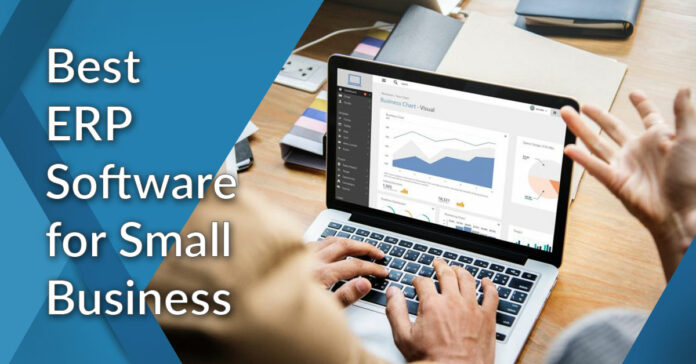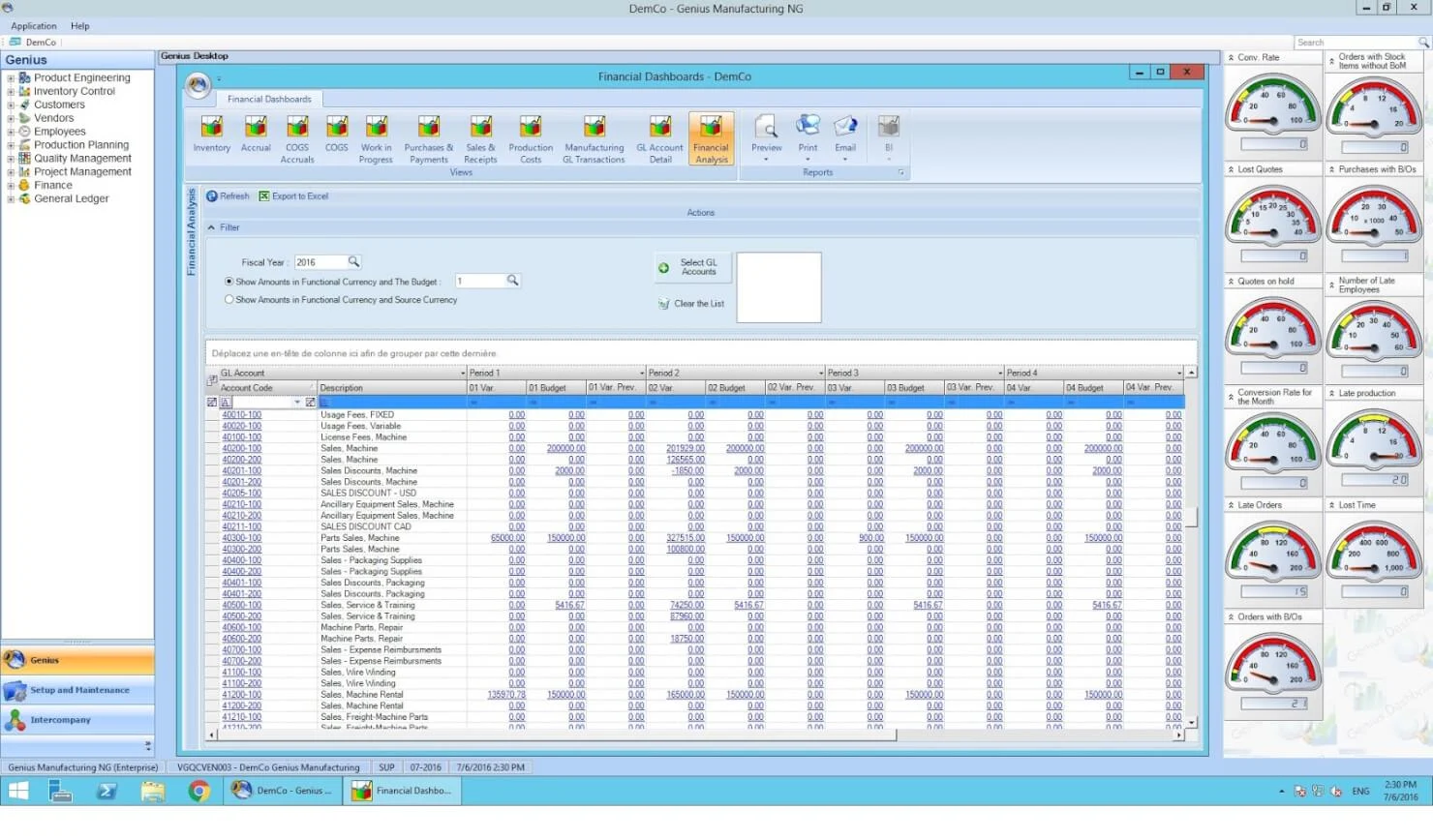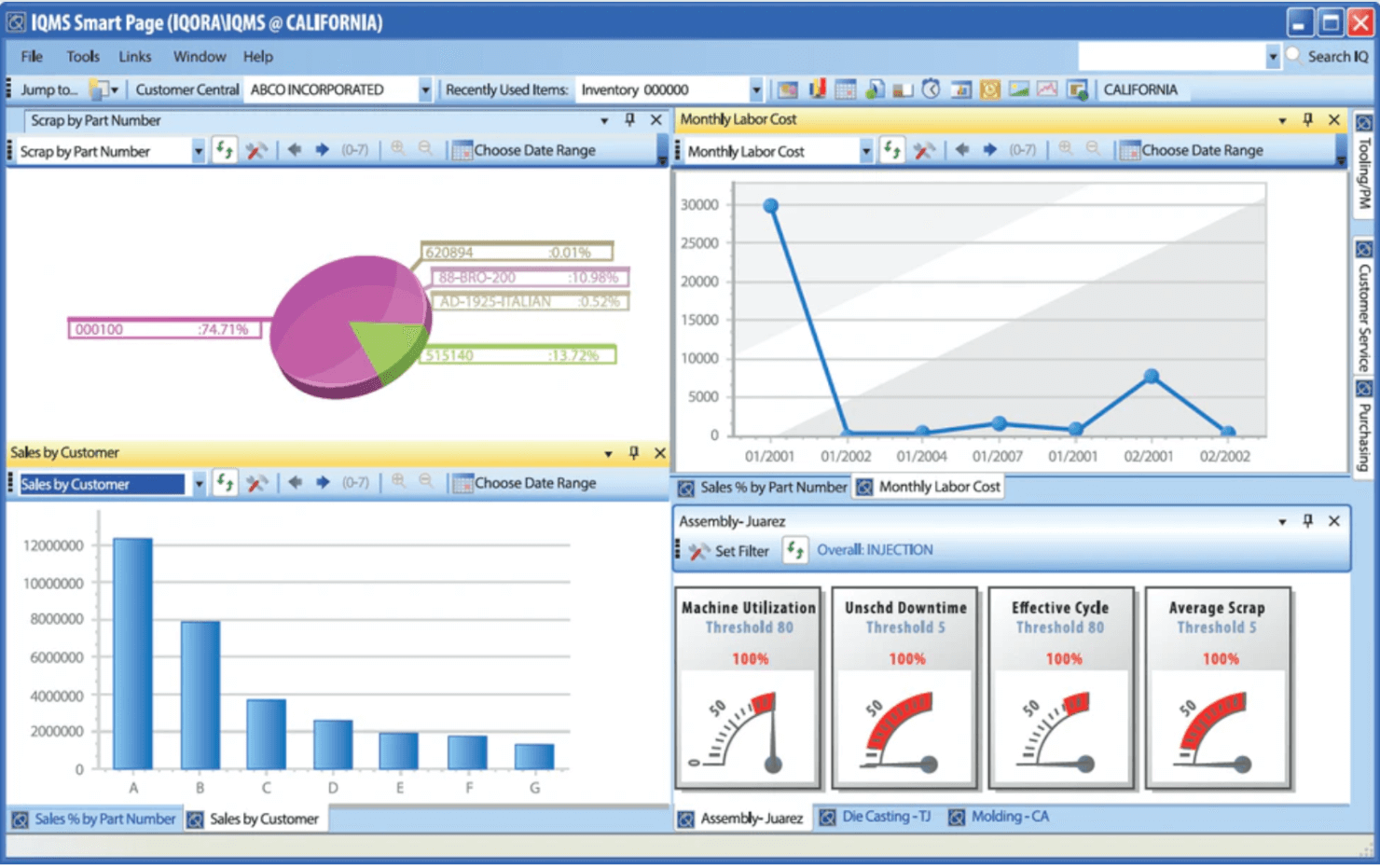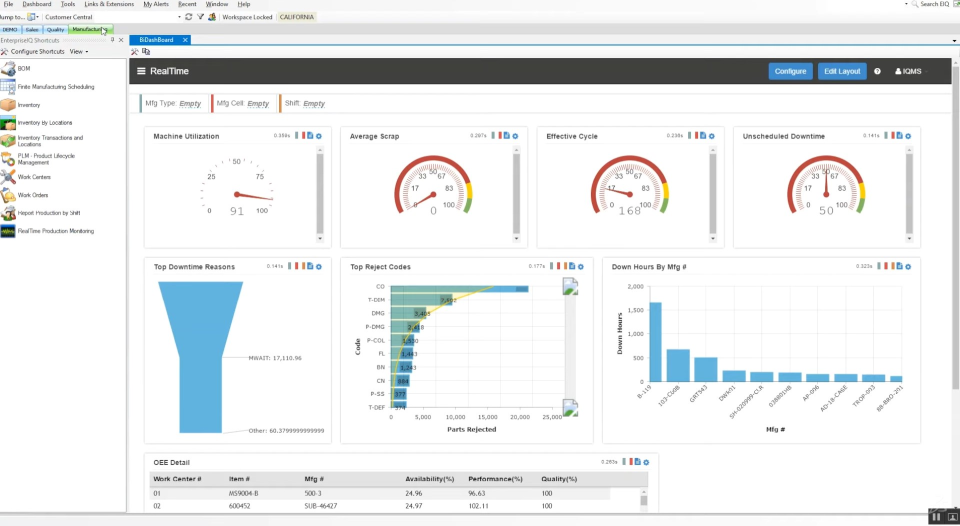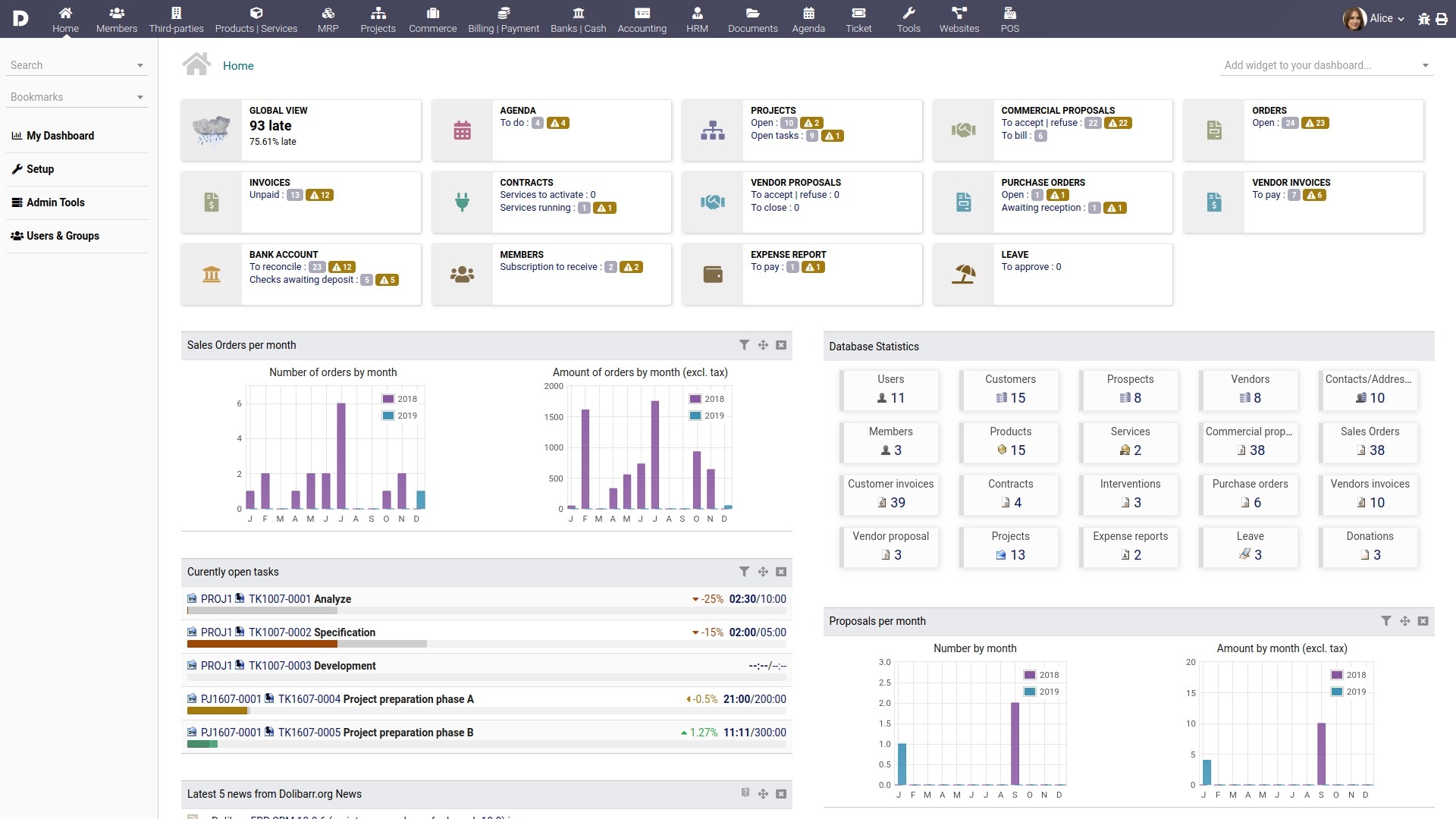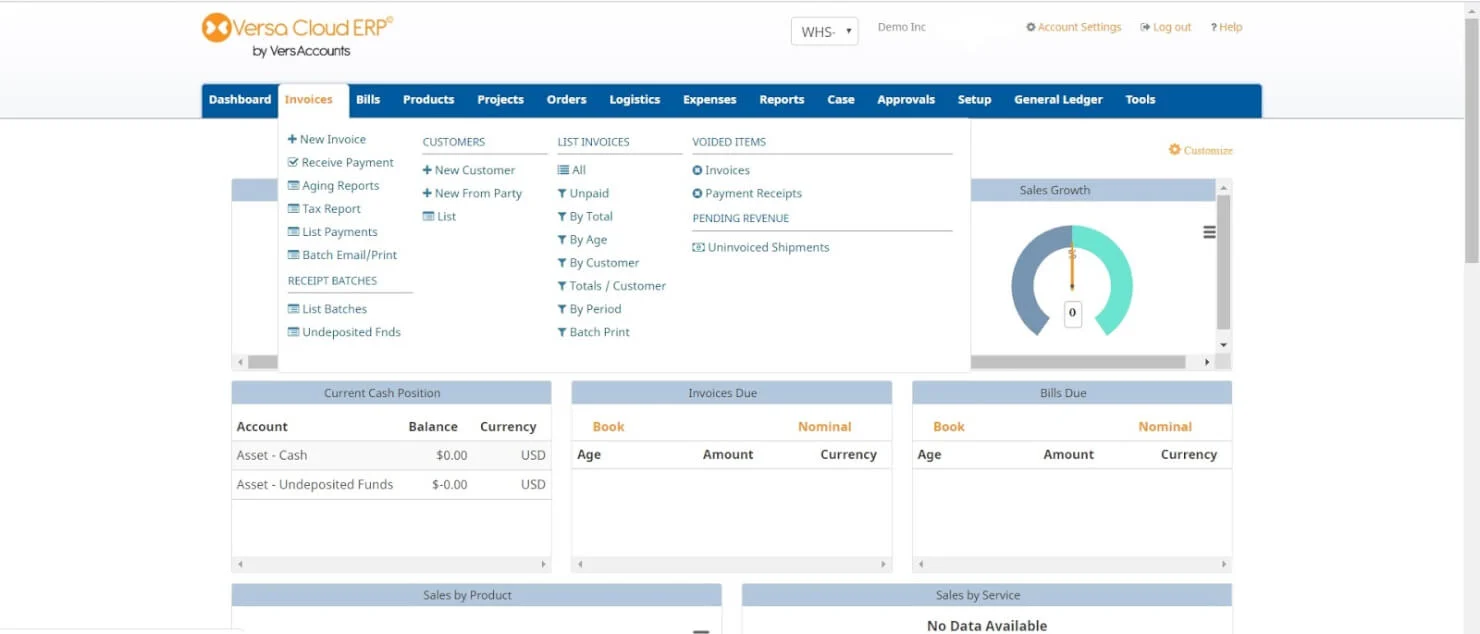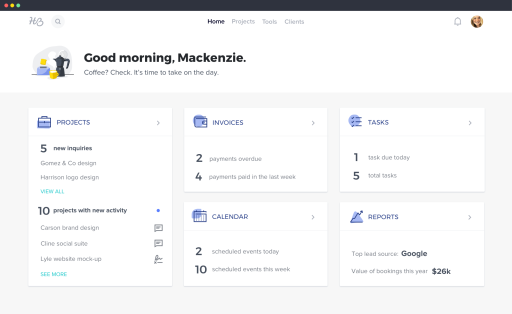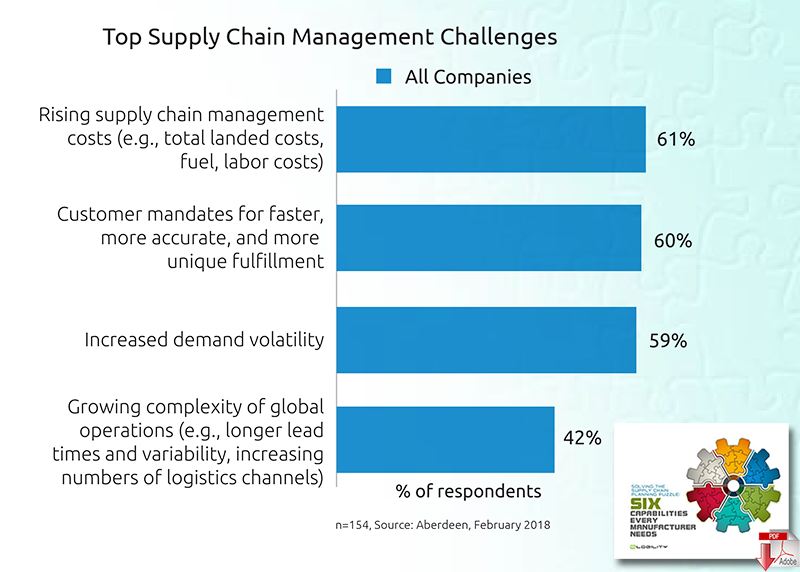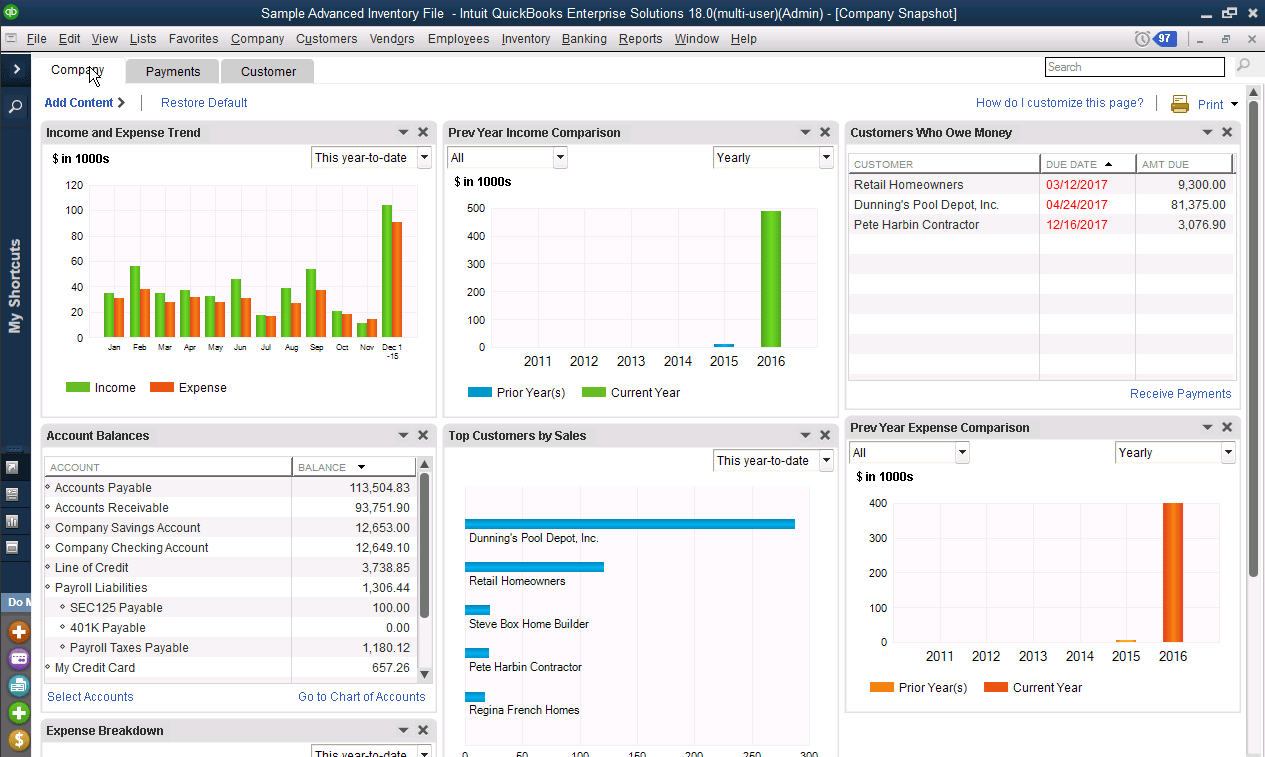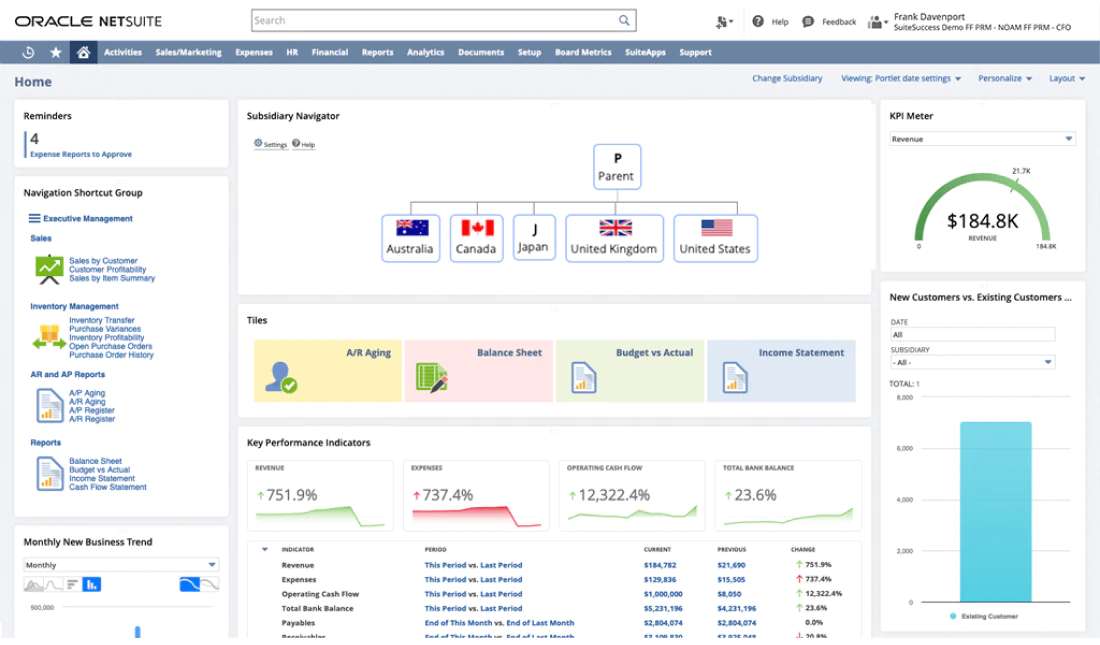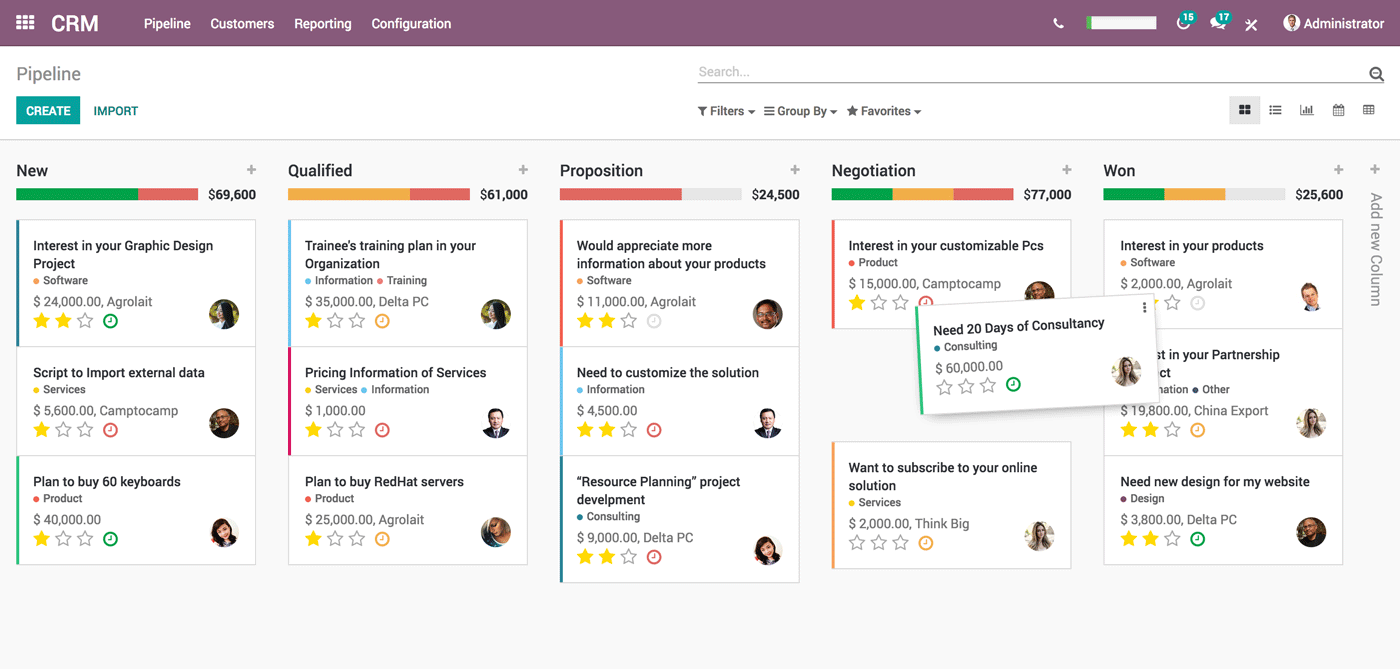Only large companies could afford to invest in enterprise resource planning solutions not long ago. All of that has changed, thanks to ongoing innovation and advancements. I’ll go over the top ten ERP systems for small enterprises on a budget in this article. I’ll show you how to acquire the most features for the least money, so you can get the most functionality for your business.
Criteria for Choosing an ERP System for a Small Business
What criteria do I use to choose the finest ERP system for a small business?
The following is a list of my evaluation criteria:
User Interface (UI): Are sophisticated ERP elements presented in a user-friendly manner?
Usability: An ERP system will be used by a large number of people in a company. Will the programme be simple to learn for staff at all levels?
Integrations: ERP systems must work with a variety of other software packages.
Is it possible that these integrations are already built-in?
Value for money: Does the price represent the ERP functionalities that are available?
Is the price for any small business obvious, transparent, and adaptable?
The Benefits of Using an ERP System in a Small Business
Accounting: Assists in the preparation of financial reports and the management of resource distribution.
Human Resources: Allows businesses to quickly and accurately administer HR business operations.
Inventory Control: Keeps track of product supply information to guarantee optimal stock levels. Business intelligence is the study of relevant facts to aid in decision-making.
Manufacturing: Improves forecasting, allowing budgets to be properly allocated. Tracks items as they move across the full supply chain via supply chain management.
Customer Relationship Management (CRM) is the process of managing interactions between prospects and customers.
Automation: Improves efficiency by simplifying recurring business operations. Analysis and Reporting: Provides detailed information to aid in decision-making.
Customer Support: Because ERPs can be difficult to set up, you may require further assistance.
Overviews Of The Top 10 Small Business ERP Systems
Here’s a quick rundown of each small business ERP software package on my list, along with screenshots to demonstrate some of its key features.
1. GeniusERP – Best for manufacturing companies
Genius ERP is a comprehensive enterprise resource planning solution designed specifically for manufacturers and distributors. It’s perfect for businesses who do make-to-order, engineer-to-order, custom-to-order, and assemble-to-order work.
Accurate estimating, inventory control, order management, procurement planning, and accounts administration are all notable characteristics. Genius ERP streamlines difficult production management by adding features like product engineering and field service.
2. DELMIAWorks – Best for scalability
The DELMIAWorks ERP system is a natural fit for small to medium sized businesses (SMBs) and startups because it was designed exclusively for manufacturing. Manufacturing and inventory control, sales, and financial administration are all part of the core system.
The technology is built to scale as your business expands. Without the use of third-party add-ons, more shop floor and enterprise operations can be incorporated.
3. SYSPRO ERP – Best for flexibility and ease of use
SYSPRO is a mature platform that has matured into a full-fledged solution with a history dating back to 1978.
SYSPRO is an ERP solution for manufacturing and distribution-focused small to mid-sized enterprises (SMBs). The system’s modular design makes it simple to customise. As needed, other features like warehouse management and inventory control can be implemented.
4. Dolibarr ERP CRM – Best free ERP system
Dolibarr is an open-source platform for small enterprises, foundations, and independent individuals that combines ERP and customer relationship management (CRM) software into a single solution.
The software is easy to set up and operate. Start with the basic system and add industry-specific modules as needed. Dolibarr is a highly regarded product that offers great value for money.
5. Versa Cloud ERP – Best ERP software for inventory-heavy businesses
Versa Cloud ERP is designed for small organisations that require strong resource management capabilities. The software allows them to keep track of their inventories, revenue, and reports by monitoring, managing, reporting, and consolidating data.
This ERP may be accessed from anywhere using a desktop or mobile device because it is a cloud-based system. It gives management real-time financial and operational insights so they can make better decisions.
6. HoneyBook – Best for end-to-end project management
HoneyBook caters to the small business and professional services markets, assisting businesses and freelancers in organising on-premise work activities, connecting with clients, managing invoicing, and receiving payments. Electronic signatures, expenditure tracking, and well-organized calendars are all included in the system.
Payments can be collected by credit card, debit card, or bank transfer, and branded templates help to highlight accomplishments. HoneyBook has mobile apps and interacts with Gmail, Google Calendar, Sage, and Zapier, among other services.
7. Oracle Fusion Cloud ERP – Best for organizations with sophisticated supply-chain requirements
Oracle Fusion Cloud ERP is a comprehensive solution for managing business processes from start to finish. Material planning, financial accounting software, and business intelligence are among the applications included in the suite.
To acquire a single perspective of business workflow, you can combine the system with your present SaaS software solutions and leverage a variety of Oracle technologies.
8. QuickBooks Enterprise – Best ERP software for QuickBooks users
Construction, manufacturing, distribution, and wholesale enterprises will benefit from QuickBooks Enterprise. Cost accounting reporting, GAAP inventory management, and the ability to deal with enormous data sets are just a few of the features.
Client managers can make key decisions and pivot business operations when specific demands change thanks to the software’s ease of use.
9. NetSuite ERP – Best for businesses with a global presence
Thousands of firms use NetSuite ERP, which is hosted in the cloud and enables them gain better visibility into their operations. The suite is a comprehensive system that automates e-commerce, inventory management, supply chain management, financials, and customer relationship management.
Dashboards are built-in, and real-time information is available. From a consolidated level down to individual transactions, it delivers a real-time snapshot of performance.
10. Odoo.com – Best open-source ERP solution
Odoo is well worth a look if you’re searching for a cost-effective ERP system. Without the need for additional software, this open-source solution may be utilised to streamline your entire business.
Manufacturing, inventories, projects, and accounting are all covered by Odoo’s ERP modules.
There are also over 23,000 third-party apps that work flawlessly with Odoo’s native apps. Odoo’s Community Edition is open-source software that may be downloaded for free.
The Enterprise Edition costs $24 USD per user/month to unlock all of their features.
There is also a 15-day free trial available.

